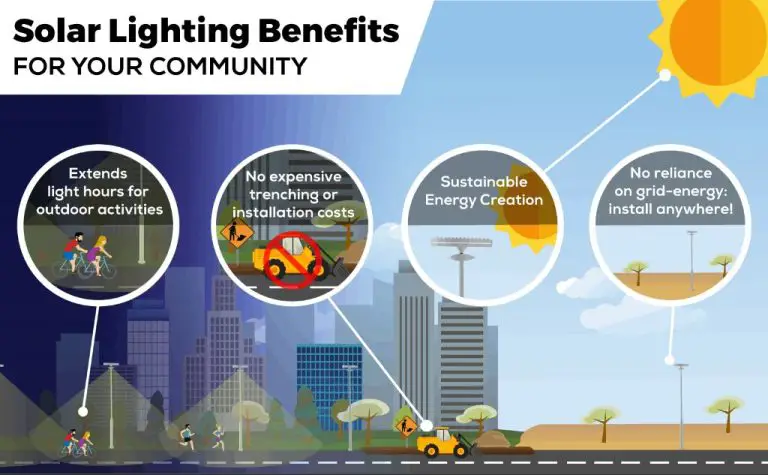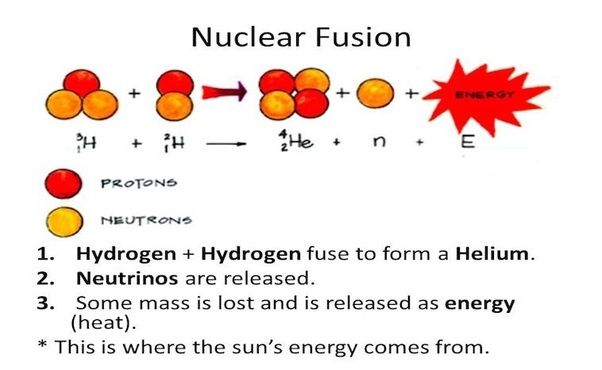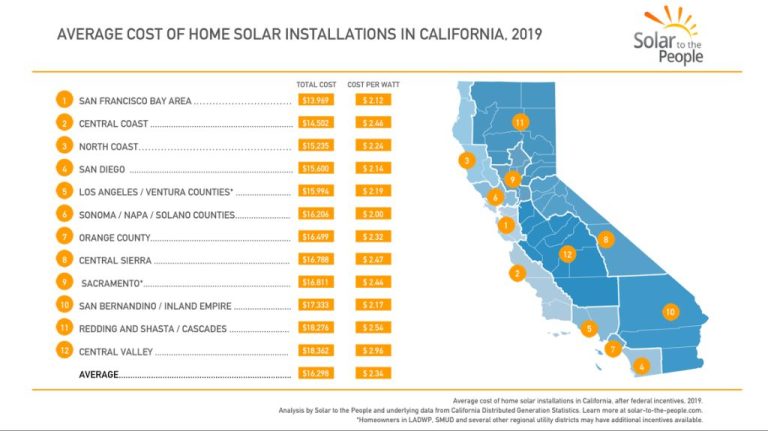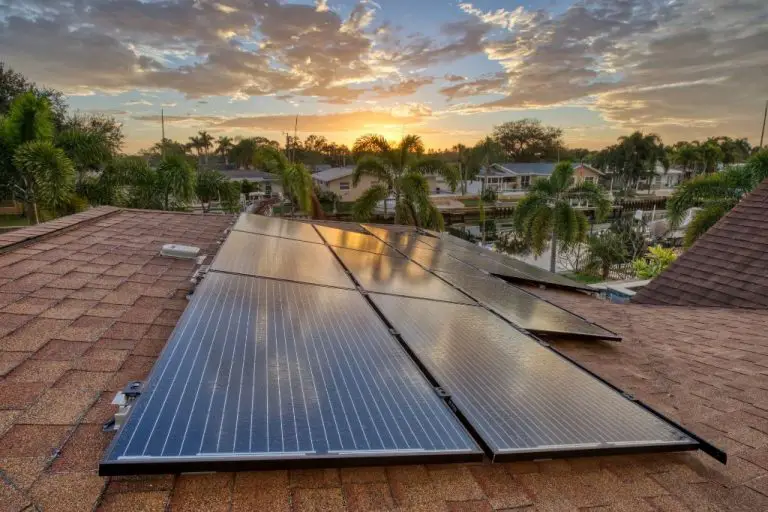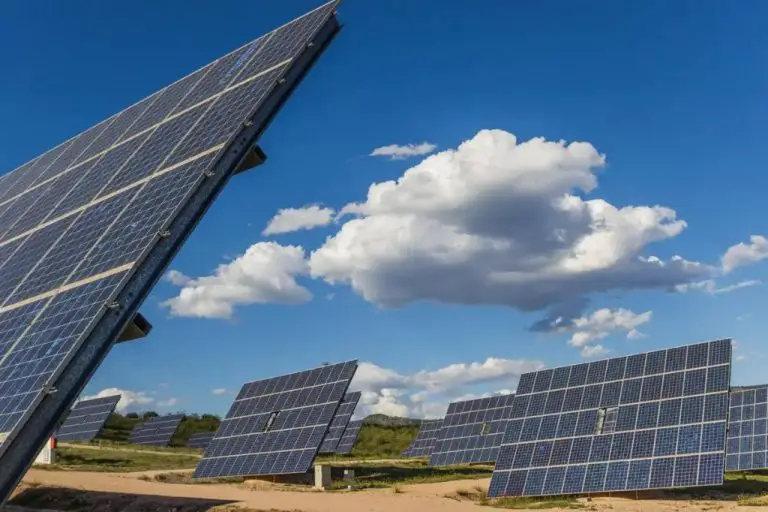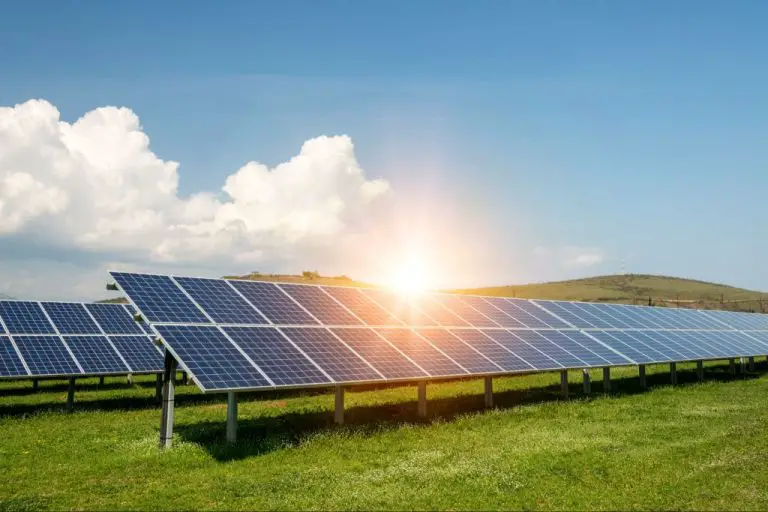How Solar Energy Can Be A Good Alternative?
Solar energy is the conversion of sunlight into electricity using photovoltaic (PV) solar panels. As concerns grow over climate change and dependence on fossil fuels, solar energy is becoming an increasingly popular renewable energy source for homes and businesses. The amount of solar energy capacity installed worldwide has grown exponentially – from 1.4 gigawatts in 2000 to over 580 gigawatts by the end of 2019. With solar panel costs dropping dramatically and improved technology making panels more efficient, more homeowners are installing solar arrays to reduce their carbon footprint and electricity bills.
Cost Savings
Installing solar panels can provide significant long-term cost savings compared to purchasing electricity from the utility company. Although solar panels require a sizable upfront investment, solar installation costs have dropped over 70% in the last decade and continue to fall. At the same time, retail electricity prices keep rising year after year.
By generating your own electricity, your monthly utility bills will be greatly reduced or even eliminated. Most solar panel systems today have a payback period of 6-8 years. After this breakeven point, the electricity generated is essentially free for the remainder of the panels’ 25+ year lifespan.
The financial incentives available also help improve solar energy’s cost-effectiveness. The federal solar tax credit allows you to deduct 26% of the installation cost from your taxes. Many states and utilities also offer additional rebates and tax credits that further offset the upfront cost.
Environmental Benefits
Solar energy provides substantial environmental benefits compared to fossil fuels. As a renewable energy source, solar does not require drilling, fracking, mining, or burning fuels that emit greenhouse gases. Solar panels silently harness the sun’s rays without releasing any carbon emissions, particulates, or other pollutants. Widespread adoption of solar power will help reduce air and water pollution and meet renewable energy targets.
Solar energy can play a major role in the fight against climate change. Generating electricity from sunshine produces no carbon emissions that contribute to global warming. In 2020 alone, solar generation avoided over 55 million metric tons of CO2 emissions in the United States. As more homes and businesses switch to solar power, we can continue reducing the electric grid’s carbon footprint.
Solar energy systems have minimal effects on the environment compared to other energy sources. Solar panel production does require some hazardous materials, but responsible recycling can reclaim most of these materials. Overall, solar energy’s environmental impact pales in comparison to fossil fuels. By switching to solar power, we can preserve natural habitats rather than disrupt them to extract coal, oil, or gas.
Energy Independence
With rooftop solar panels, homeowners can produce electricity for their own homes, reducing their reliance on utility companies. Having your own solar power system allows you to take control of your energy supply. This energy independence provides insulation from utility rate hikes, giving you more power over your monthly electricity bills. Homeowners with solar can rest assured knowing their electricity prices will remain stable for the duration of their solar panel system. Rooftop solar allows you to lock in low electricity rates for years.
By generating your own clean solar electricity, you become less dependent on your utility provider to power your home. This gives you more energy security and autonomy. Solar energy helps decentralize electricity production, taking pressure off an overburdened grid. With climate change causing more extreme weather events that can knock out power, having rooftop solar and batteries provides backup energy in outages. Being disconnected from the grid reduces vulnerability to grid disruptions.
Maintenance
One of the most appealing aspects of solar panels is that they require very little maintenance over their lifetime. Once the solar panels are installed, they are designed to operate reliably with minimal oversight. The lack of moving parts means solar panels tend to just keep producing clean energy year after year.
Solar panels are built to withstand exposure to the elements, including high winds, storms, and hail. Premium solar panels today often come with 25+ year warranties from the manufacturer. With a life expectancy exceeding two and a half decades, most solar panels will operate effectively over the entire lifetime of their warranty without the need for any major repairs or replacements.
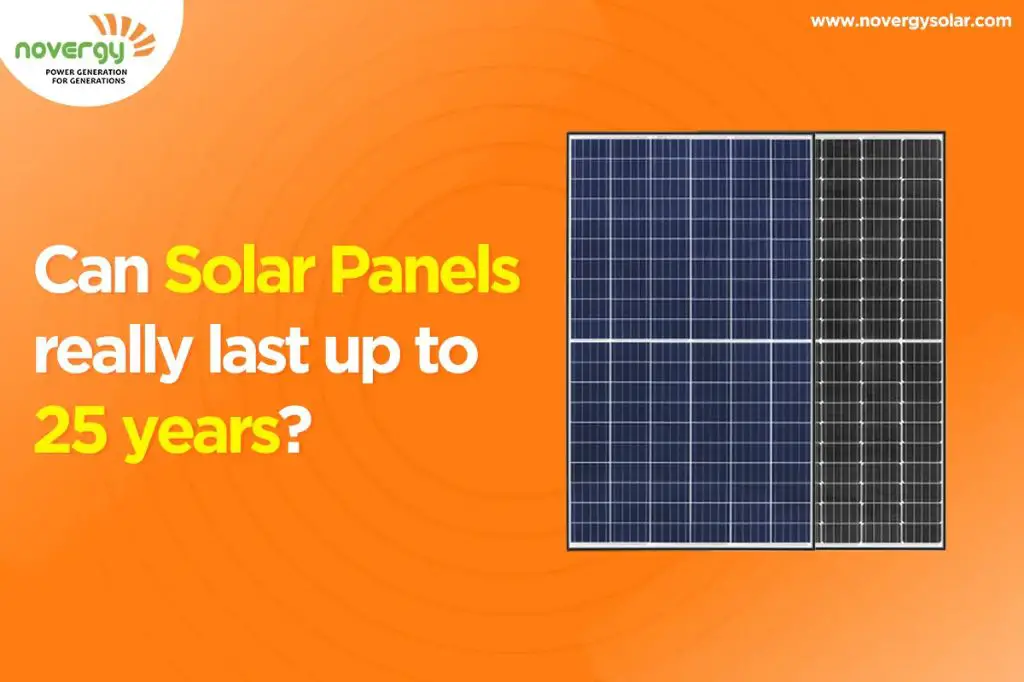
Basic maintenance involves keeping the solar panels free of debris, dust, snow, and shade that could impede sunlight. Occasional visual inspections and cleanings may be recommended. But overall, solar panels are an extremely low maintenance way to produce electricity for decades on end.
Limitations of Solar Energy
While solar energy has many benefits, there are some limitations to be aware of. The biggest limitation is that solar panels only produce electricity when the sun is shining. They do not work at night or on cloudy days, meaning solar energy cannot be counted on as a consistent source of electricity 24/7.
To get around this issue, most solar panel systems are connected to the electric grid. The grid acts as a battery, storing electricity for when it’s needed. Homes draw electricity from the grid at night and when solar panels aren’t producing enough. Any excess electricity generated during the daytime is fed back into the grid for storage.
For homes that want to go completely off-grid, there are large battery storage systems available. These store solar energy for use at night. However, battery storage adds significant cost to a solar system. Even with storage, solar energy production will be limited during long stretches of cloudy weather.
The intermittent nature of solar power means it usually cannot provide 100% of a home’s electricity needs year-round. Solar is often used in conjunction with other energy sources to ensure reliable supply 24/7.
Return on Investment
Going solar is a major investment that can pay off substantially over the long run. While the upfront cost of purchasing and installing a solar system may seem high, homeowners need to consider the lifetime savings and earning potential.
Most solar panels come with 20-25 year power production warranties and can keep generating electricity for 25 years or more. Over this lifespan, the energy savings and income from net metering credits will usually far outweigh the initial hardware costs.
According to most analyses, the average payback period for a residential solar system ranges from 5-7 years. This means the savings earned can recoup the system costs in 5-7 years or less in many cases. After the payback period, the rest of the lifespan generates pure savings and Return on Investment.
Ultimately, solar power represents an investment in decades of free electricity. Once the system pays for itself, homeowners can enjoy 20+ years of minimal electricity bills. With solar energy, investing more upfront leads to greater long-term savings and a better lifetime return.
Government Incentives
Many government incentives and rebates exist to encourage homeowners to install solar panels. On the federal level, the Solar Investment Tax Credit (ITC) allows homeowners to deduct 26% of the cost of installing a solar energy system from their federal taxes. This credit applies both for systems owned and leased. Some states and utilities also offer additional incentives, such as rebates, tax credits, and performance-based incentives. These can offset the costs by 20-50%, making solar even more affordable.
At the local level, some municipalities and counties offer property tax exemptions or credits for solar installations. Permitting fees may also be waived. The DSIRE database allows you to search incentives by state and utility. When choosing a solar installer, make sure to ask what incentives they can help you take advantage of to maximize your savings.
Choosing a Solar Installer
When deciding on a solar installer for your home, you want to make sure you select one that is properly licensed, insured, experienced, and has a solid reputation. Here are some tips for choosing a qualified solar installer:
-
Verify licensing and credentials – Make sure the installer is licensed to operate in your state and has the proper solar certifications.
-
Check reviews and references – Read online reviews and ask for references from past customers. Contact references to ask about their experience.
-
Get multiple quotes – Interview at least 3 installers and compare multiple quotes. Be wary of quotes that seem too good to be true.
-
Ask about experience – Choose an installer that has been in business for several years and has extensive experience installing systems similar to what you want.
-
Inquire about warranties – The installer should offer a workmanship warranty of at least 10 years. Panels and inverters should come with manufacturer warranties.
-
Look for quality equipment – The installer should use high-quality solar panels and components with good warranties from reputable manufacturers.
-
Understand the full costs – Get a detailed breakdown of all costs including permits, labor, panels, inverters, racking, etc.
Taking the time to carefully select your solar installer will help ensure your system is high-quality and provides good performance and savings for years to come.
Conclusion
As solar energy technology continues to improve and costs keep declining, installing solar panels is becoming increasingly feasible for many homeowners. The benefits of solar energy, including cost savings, reduced environmental impact, energy independence, and long-term return on investment, make it an option worth exploring.
When deciding whether to install solar panels, be sure to research the costs and available incentives in your area. Calculate potential savings based on your energy usage and consider whether purchasing or leasing panels is the better option. Shop around with solar installers to compare system designs and pricing. Doing your due diligence will ensure you make the most informed decision for your home.
With solar energy, you can take control of your energy costs while also doing something positive for the environment. For suitable homes, it is an investment that can pay for itself over time. While some limitations exist, solar technology advancements are making it an increasingly viable clean energy source for residences across the country.

